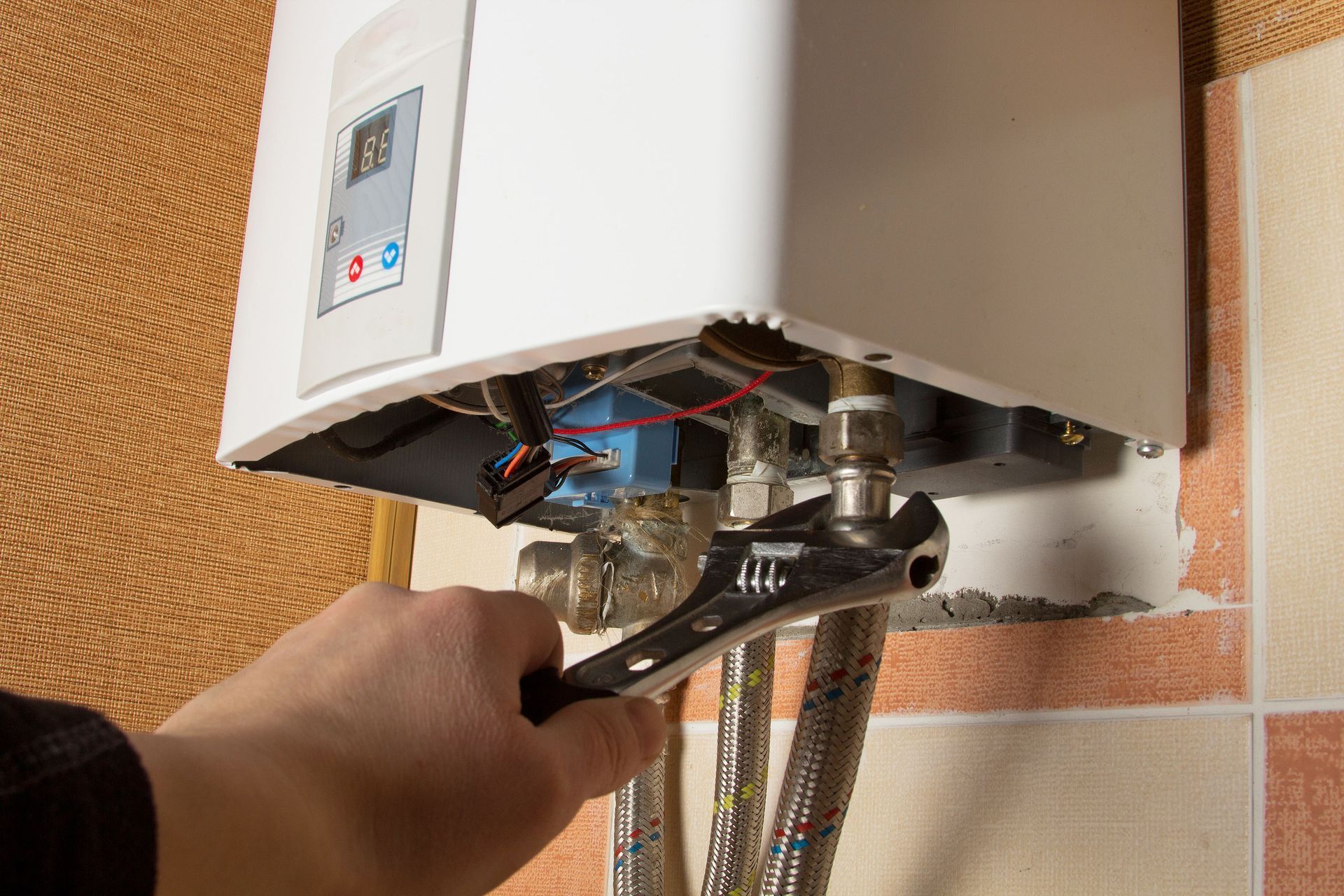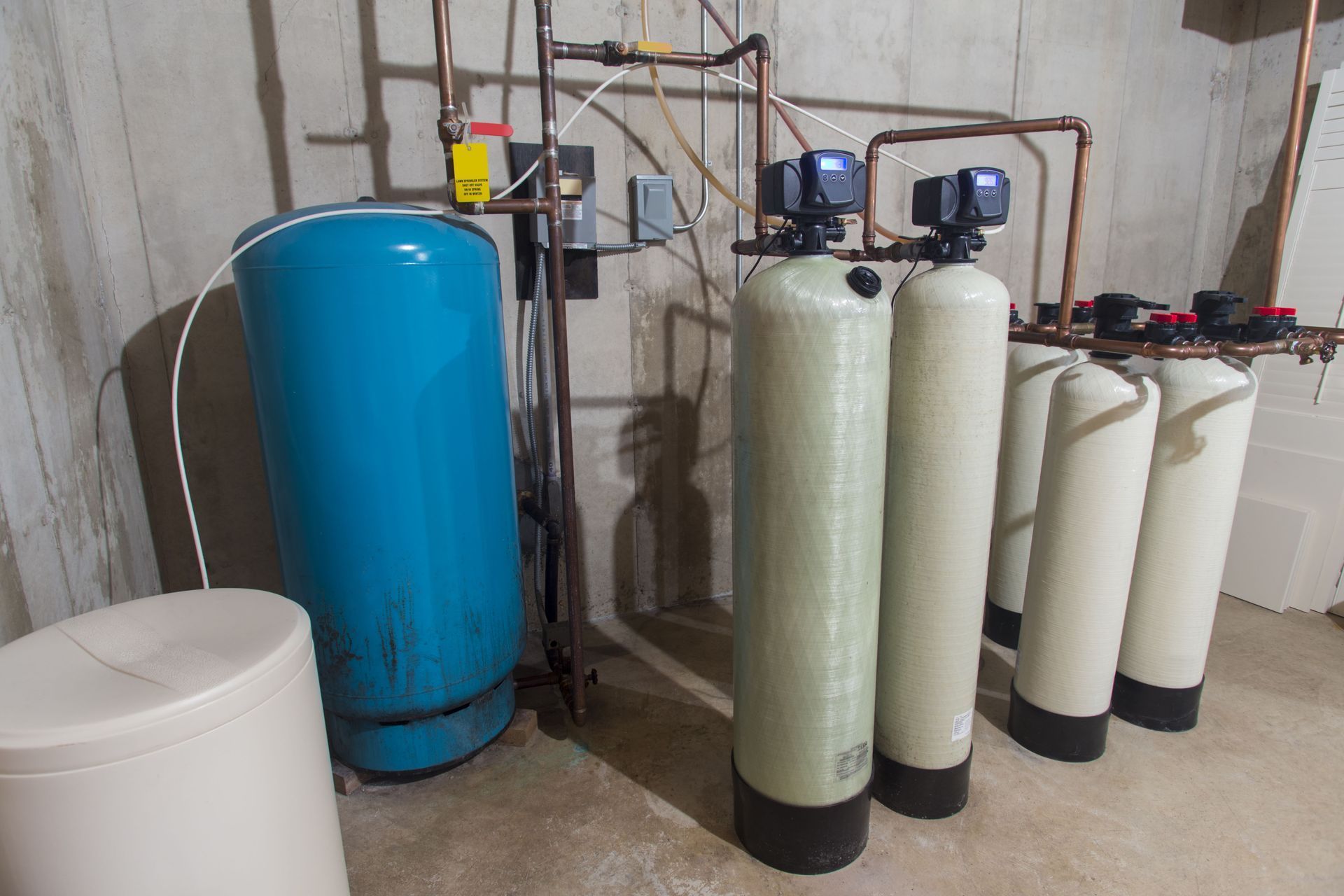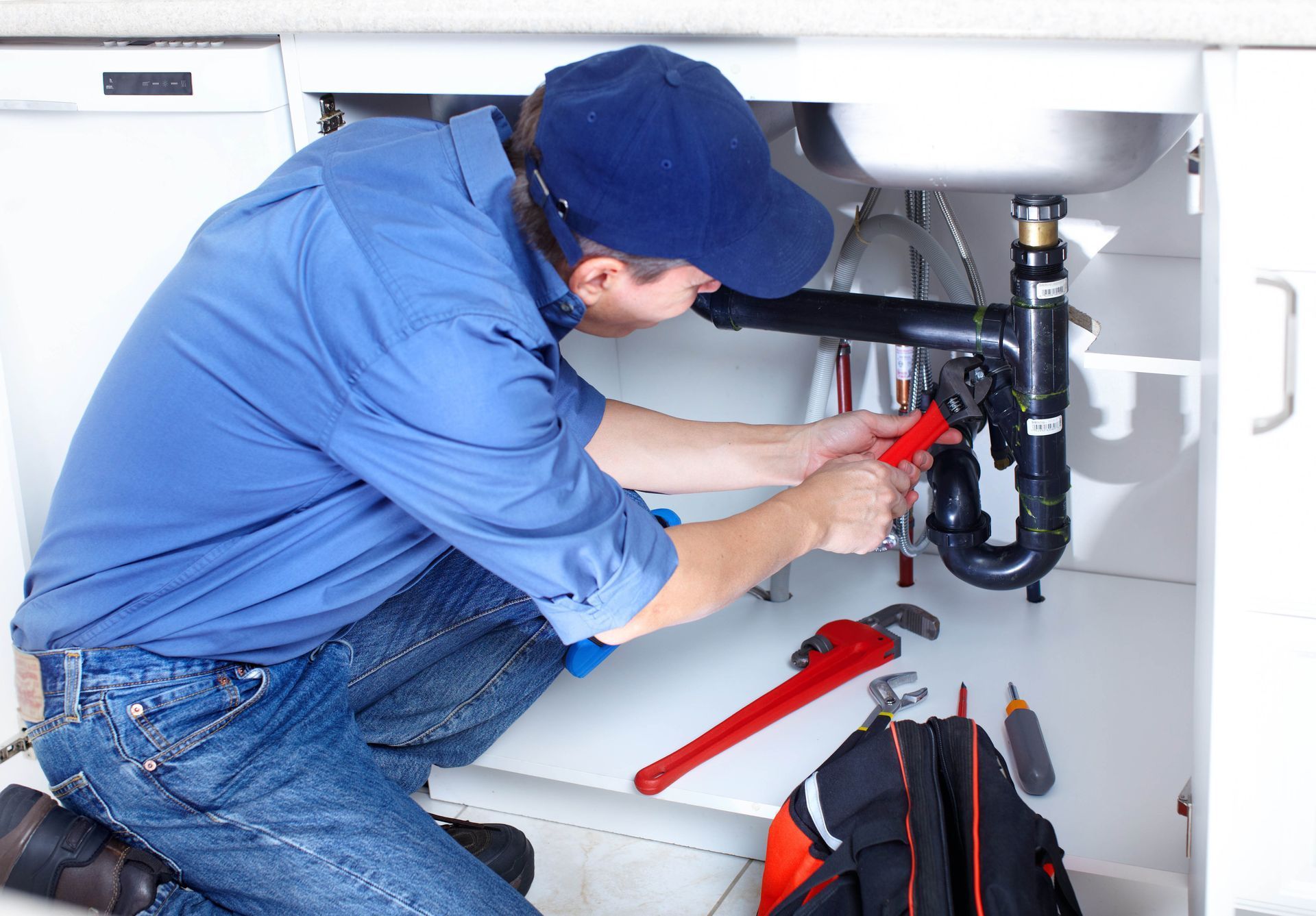October 23, 2025
When homeowners put off necessary water heater repairs, they often assume the damage is minor or that the system will somehow make it through the season. But procrastinating those important fixes can lead to much higher energy costs over time. Your water heater is one of the hardest-working appliances in your home, and when it's not operating efficiently, it can quickly drive up your monthly bills without you realizing it. Even small issues like sediment buildup or a worn heating element can force the system to use far more energy than it should. Below are several ways delaying water heater repairs can cause your utility bills to soar.
1. More Heat Loss From Corrosion or Sediment Buildup
When a tank-based water heater accumulates sediment or when internal components begin corroding, the system must work harder to maintain the desired water temperature. If you neglect water heater repairs, that inefficiency creeps into everyday operations. Over time, the insulation around the tank can degrade, heat can escape more readily, and the heater runs longer and more frequently than it should. All of this extra run time translates directly into higher energy usage.
2. Increased Standby Heat Loss Over Time
A hot water tank doesn't just heat water when you turn on a faucet — it constantly works to keep stored water hot. When a unit is well maintained, the insulation and controls minimize that standby loss. But delay water heater repairs, and you may have deteriorating insulation, failing thermostats, or cracks in the jacket. All of those faults let heat leak outward between usage periods, meaning your system must consume more energy just to keep the water warm and ready. When insulation weakens and seals begin to loosen, that lost heat doesn't just affect your water temperature—it affects your entire home's energy balance. Your HVAC system may need to compensate for fluctuating temperatures in utility areas, further increasing energy demand. The longer these inefficiencies go unaddressed, the harder your heater must work, gradually compounding energy waste that's reflected in every bill.
3. Reduced Heating Efficiency Due to Scale
Mineral scale buildup on the heating elements (for electric heaters) or on the internal surfaces of the tank (for gas heaters) acts like an insulating barrier. As scale thickens, the heater must consume more energy to push heat through that barrier. If you postpone water heater repairs, that scale will multiply, and inefficiency will grow. Your heater ends up using significantly more energy to achieve the same water temperature as before.
4. More Frequent Cycling and Pumping
Faulty thermostats, leaking valves, or failing control circuits often accompany systems that need water heater repairs. When these components begin failing, the heater may cycle on and off more frequently or run pumps and valves unnecessarily. That constant cycling consumes energy far less efficiently than longer, steady heating cycles. As a result, your utility bill starts creeping upward without you necessarily realizing it — until it shows up.
5. Inaccurate Temperature Control and Overheating
When sensors or thermostats degrade, your water heater might overheat water to compensate for perceived drops in temperature. If you place off water heater repairs, these faulty parts remain in operation, causing your system to overshoot temperature targets, wasting precious energy. Overheating also shortens component lifespan, which can trigger more energy waste down the road.
6. Higher Standby Loss with Faulty Dip Tubes or Baffles
Some water heater designs include internal dip tubes or baffles to promote efficient heat transfer. If those components crack or fail and you delay water heater repairs, the hot and cold water may mix improperly, forcing the heater to raise its output more often. That mixing increases standby losses and compels the system to consume more energy for each unit of hot water delivered.
7. Strain on Compressed or Tankless Hybrid Systems
Even in tankless or hybrid systems, neglecting water heater repairs can degrade performance. Small leaks, clogged filters, corrosion of heat exchangers — all of these issues cause the system to labor harder. When that happens, the unit may over-fire, over-pump, or consume more standby energy, depending on its design. Even though tankless systems are more efficient by design, delaying repairs erodes that efficiency advantage.
8. Escalating Damage Leading to Full Replacement
One of the worst hidden impacts of delaying water heater repairs is that what begins as a simple fix can spiral into catastrophic damage. When underlying faults are ignored, they propagate — causing leaks, rust, or structural failure of the tank. When the entire unit has to be replaced prematurely, you lose all remnants of efficient operation. Meanwhile, your energy bills may already have risen month by month during the period of neglect. In many cases, homeowners discover too late that a neglected heater has developed internal leaks or structural failure that could have been prevented with simple maintenance. Not only do these problems increase replacement costs, but they can also lead to property damage from flooding or mold growth. Preventive water heater repairs are always more affordable than dealing with a full replacement and the added expense of cleaning up water damage.
9. Loss of Efficiency Gains from High-Efficiency Models
Many homeowners assume a new, efficient model will always recoup its cost by slashing energy use. That's true — as long as the equipment is kept in good repair. According to Today's Homeowner, a high-efficiency water heater can be up to 300% more efficient than older, traditional models. But if you delay water heater repairs or allow minor faults to persist in a newer system, you erode those efficiency gains and undermine your expected savings.
10. Compromising the Heating System's Longevity and Tight Design
Modern systems are engineered to operate within tight tolerances. Delaying water heater repairs can push them out of balance or dramatically shorten their useful lifespan. As components wear prematurely, tolerances widen, seals loosen, and insulation degrades — all causing the system to waste more energy just to meet the same demand. The further a system gets from its original design conditions, the more energy it squanders.
11. Compromised Hot Water Delivery Affects Household Efficiency
When water heater repairs are delayed, the system's performance doesn't just affect energy use—it also impacts how efficiently your home functions day to day. If the unit struggles to heat water consistently, you may find yourself running faucets longer or adjusting showers repeatedly to reach the desired temperature. That wasted water represents wasted energy, as the heater must work harder and longer to meet household demands. Over time, this inefficiency compounds, leading to both higher utility bills and unnecessary strain on the system. Addressing issues promptly ensures steady water temperature, efficient energy use, and greater overall comfort for your home.
Delaying water heater repairs might seem harmless at first, but the reality is that every day you wait can lead to mounting energy waste and rising utility bills. A properly maintained water heater not only operates more efficiently but also lasts longer, provides more consistent performance, and keeps your home running smoothly. When you address problems early, you're not just fixing a mechanical issue—you're safeguarding your comfort, conserving energy, and protecting your wallet. By scheduling prompt water heater repairs with a trusted local professional like Backup Plumbing, you can restore efficiency, reduce costs, and enjoy reliable hot water for years to come. Don't hesitate to contact our team today. We have over 30 years of combined experience and offer free estimates and water testing. Call now!








